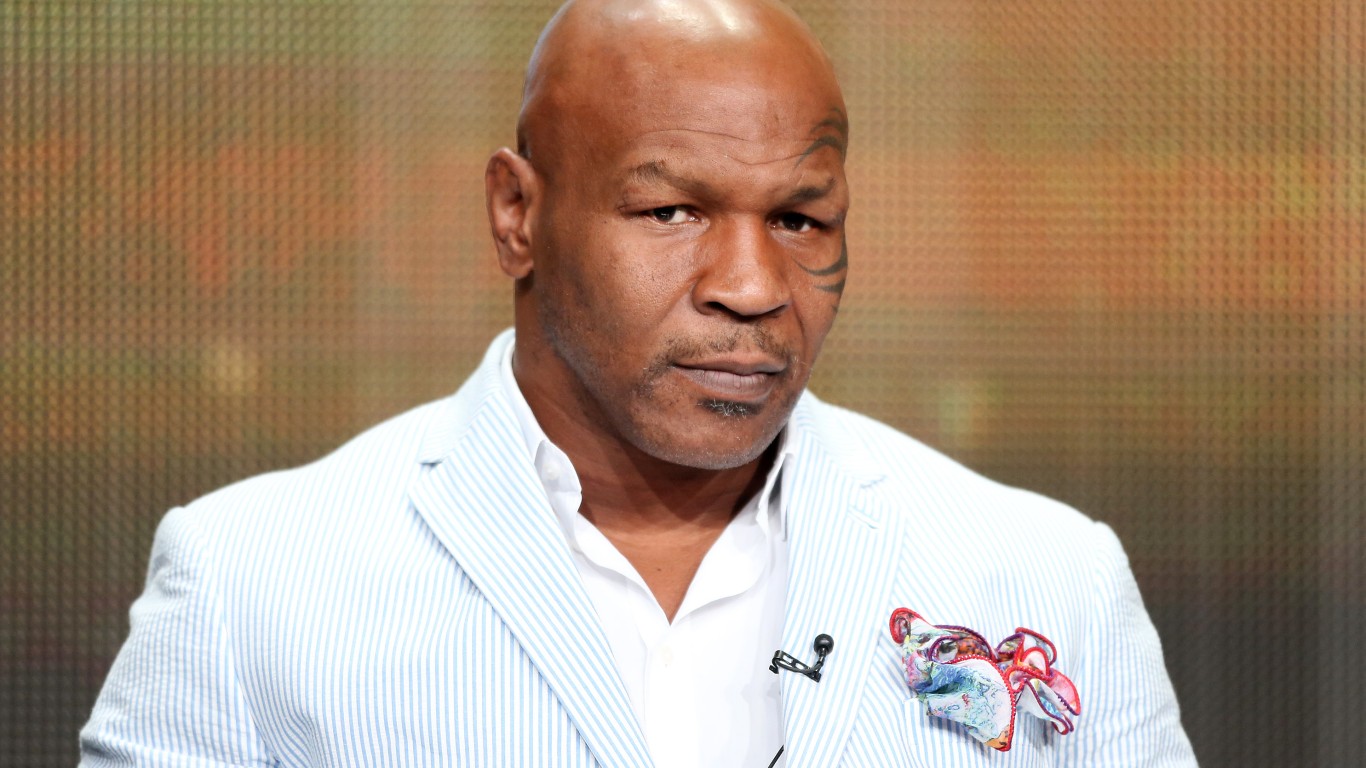 Skype, which offers free voice calls from PC-to-PC and cheap calls from phones has about 400 million subscribers. More than 25 million of them use the service at any one time. The Skype product will be challenged by a new feature on Google’s (NASDAQ: GOOG) Gmail that will allow users of the e-mail service to make calls within the US and Canada for nothing. Overseas calls will not cost much more than nothing.
Skype, which offers free voice calls from PC-to-PC and cheap calls from phones has about 400 million subscribers. More than 25 million of them use the service at any one time. The Skype product will be challenged by a new feature on Google’s (NASDAQ: GOOG) Gmail that will allow users of the e-mail service to make calls within the US and Canada for nothing. Overseas calls will not cost much more than nothing.
Other large e-mail providers like AOL and MSN will have to match the Google move if they want to stay competitive. That will add another hundred million or more people to the “free phone call” population.
It is stating the obvious that the price of making phone calls has come down and will drop further. No one can figure out how to make much money, or any money, in the phone call business anymore. Cable companies offer VoIP service for $29.99 a month with an unlimited call feature. The only drawback is that if a user loses electrical power the service does not work. That is a small price to pay for such a great bargain. The grandfather of VoiP, Vonage (NYSE: VG), is still around and has more than two million subscribers, even if it is struggling.
The large phone companies are now up against what business school professors can disruptive technology. They are already losing landline customers to VoIP, cable telephone, and free-calling services. Their cellular businesses, critical to their future profitability, will also come under pressure from free services. That means companies like AT&T (NYSE: T) and Verizon (NYSE: VZ) will need to be creative to keep their operating margins where they are now.
The large telecom providers, which now even includes the cable companies, have little to fall back on. They can offer the delivery of premium video content for a price. But a great deal of this programming is already available through advertising-based services like Hulu. The phone companies can charge for data transmitted between cellphones. The price of those services has already dropped as the large cellular companies vie for market share.
Content offerings may be all that the phone companies have left as they compete with Skype and Google. The trouble is that Google has enough money and a history of illogical business practices so that premium content may be free to Gmail users soon, just as Gmail is free to consumers today and Android is free to handset manufacturers. The content providers will probably not care if Google offers their products for free as long as the search giant pays them. The disruption at that point will be complete.
Douglas A. McIntyre
Want to Retire Early? Start Here (Sponsor)
Want retirement to come a few years earlier than you’d planned? Or are you ready to retire now, but want an extra set of eyes on your finances?
Now you can speak with up to 3 financial experts in your area for FREE. By simply clicking here you can begin to match with financial professionals who can help you build your plan to retire early. And the best part? The first conversation with them is free.
Click here to match with up to 3 financial pros who would be excited to help you make financial decisions.
Have questions about retirement or personal finance? Email us at [email protected]!
By emailing your questions to 24/7 Wall St., you agree to have them published anonymously on a673b.bigscoots-temp.com.
By submitting your story, you understand and agree that we may use your story, or versions of it, in all media and platforms, including via third parties.
Thank you for reading! Have some feedback for us?
Contact the 24/7 Wall St. editorial team.

